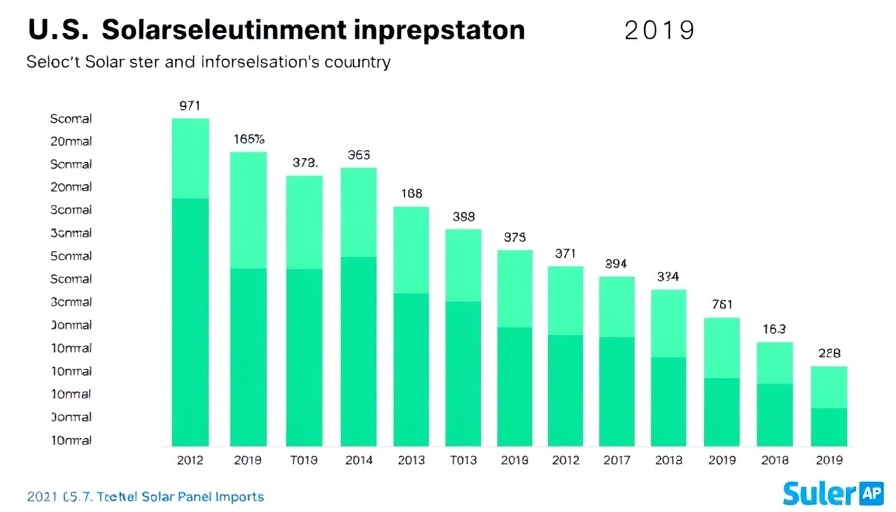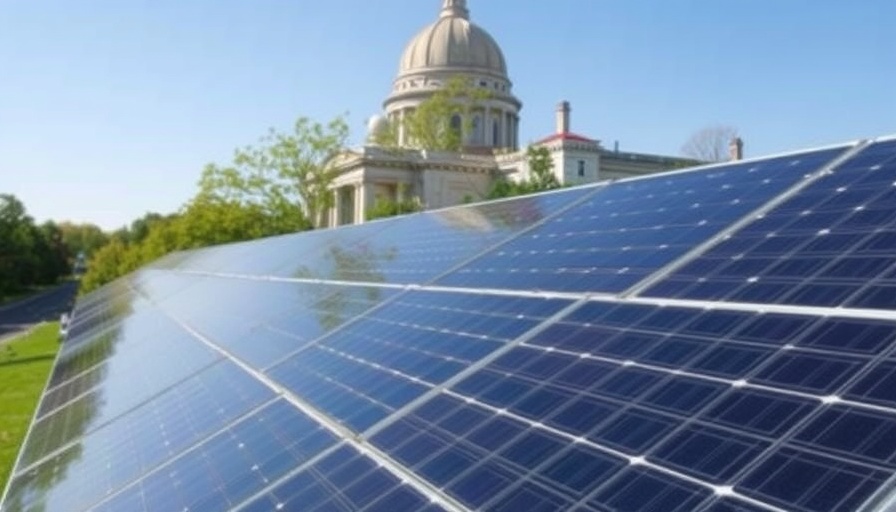
The Shifting Landscape of Solar Energy in the US
The potential decline of solar energy in the United States has become a pressing topic for homeowners and businesses alike. With rising energy costs and the need for sustainable energy solutions, the implications of any setbacks in the solar industry are significant. But what factors are contributing to this possible downturn, and how might it affect the average American household and future energy policies across the nation?
Historical Trends in Solar Adoption
Over the last decade, the solar energy market in the US has rapidly expanded. Incentives like the federal solar tax credit and declining costs for solar panels have led to a surge in installations. Homeowners and businesses have increasingly turned to solar solutions to reduce energy costs and increase property values. However, this upward trend is threatened by recent regulatory changes and economic pressures that could stifle further investment in solar.
Recent Regulatory Changes: A Game-Changer for Solar Investments?
Recent discussions around regulations have raised alarms among industry experts. Changes in policies, including potential tariffs on solar imports and alterations to subsidies, could directly influence the affordability and accessibility of solar technology. Such changes may discourage new investments, thereby complicating the landscape for both existing solar customers and those considering transitioning to renewable energy sources.
The Economic Implications of Declining Solar Adoption
For many homeowners, the shift away from solar could result in increased utility bills and lower home values. Without the promise of solar as a viable alternative, families could face heightened economic challenges as energy prices rise. The potential loss of jobs within the solar sector must not be overlooked either, as a decline in the industry could lead to layoffs, further affecting local economies.
Why Solar Energy Matters for the Future
As the debate over the future of solar energy intensifies, it’s crucial to highlight the importance of renewable energy sources in combating climate change and promoting sustainability. Solar energy represents more than just a personal investment for homeowners; it symbolizes a collective effort towards reducing our reliance on fossil fuels and achieving long-term ecological goals.
What Homeowners Can Consider in This Changing Environment
Homeowners looking to invest in solar should remain vigilant and informed about the evolving regulatory landscape. Seeking out reputable solar providers, understanding installation costs, and taking advantage of remaining incentive programs can provide valuable options. Additionally, advocating for supportive policies through local and state channels can help maintain momentum for solar adoption.
Engaging with the Community for Renewable Solutions
Joining local groups that advocate for solar energy and participating in community discussions can amplify homeowner voices in the renewable energy conversation. Collaborating with like-minded individuals can help foster an environment where renewable energy solutions continue to thrive, regardless of shifting regulations.
Your Role in the Future of Energy
The future of solar energy in the United States remains uncertain, yet the commitment of individuals and communities can influence change. By understanding the stakes and taking action, homeowners can play a pivotal role in shaping energy policies that favor sustainability. Now is the time to engage, advocate, and innovate in pursuit of a green future.
 Add Row
Add Row  Add
Add 



 Add Row
Add Row  Add
Add 
Write A Comment